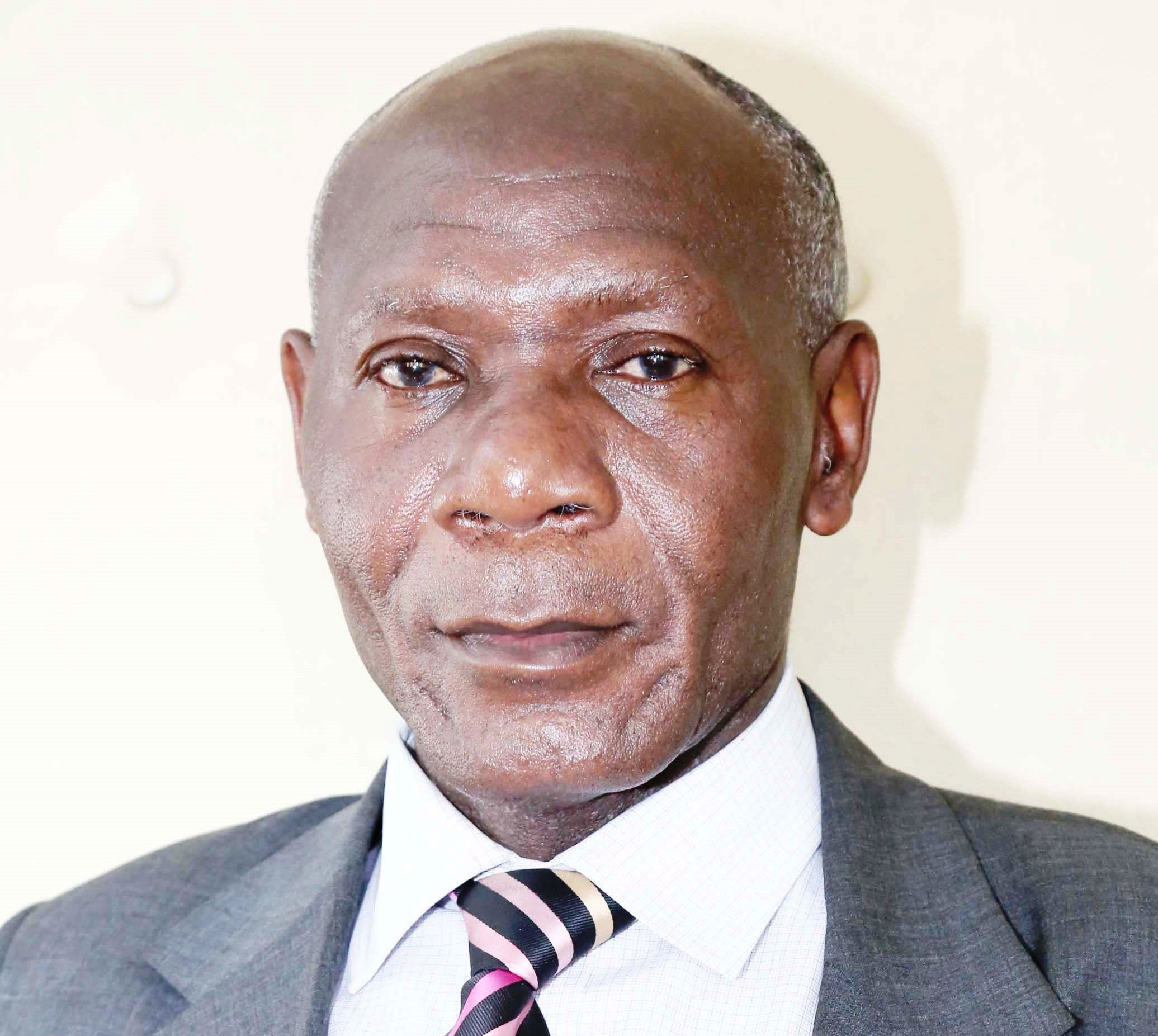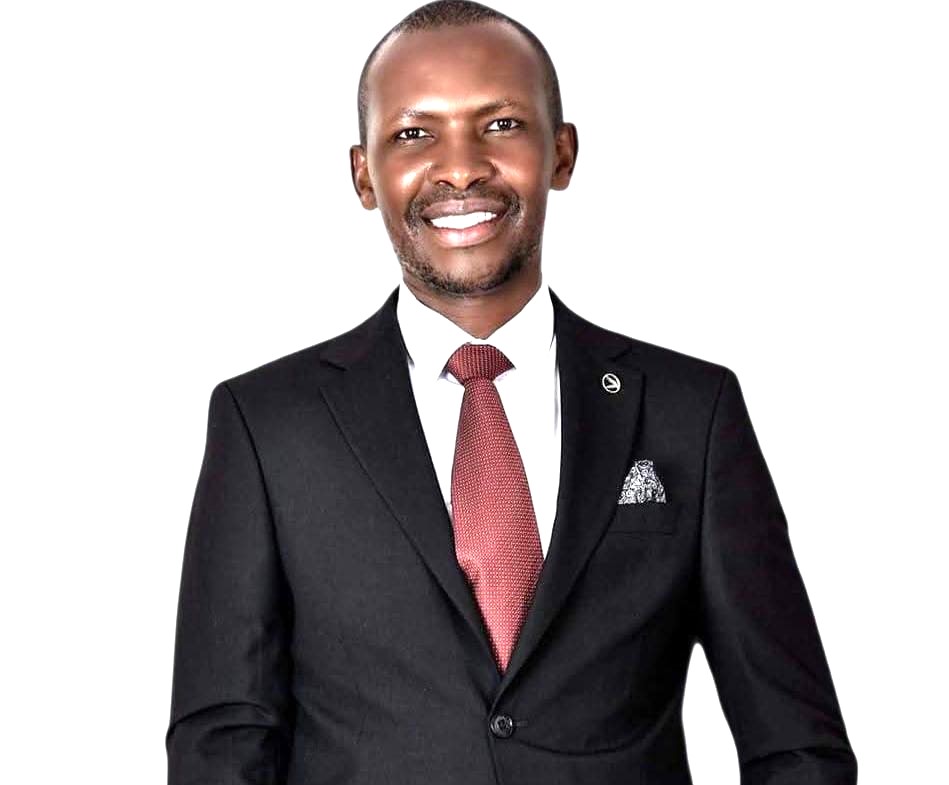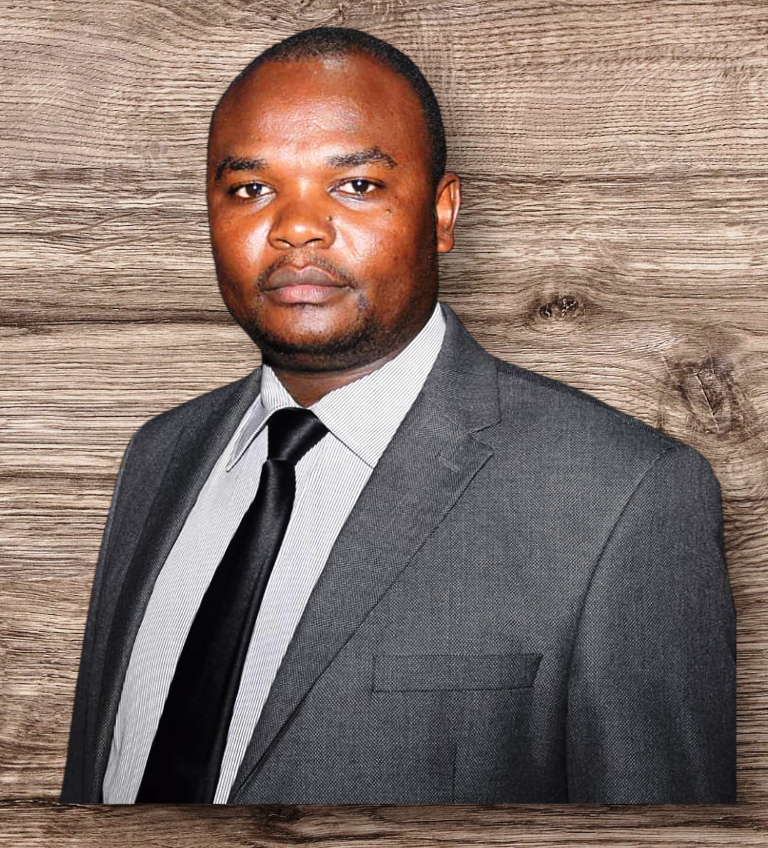By Kennedy Buhere
Two years ago, I eavesdropped on two Principals of secondary schools in the North Rift discussing an issue with enormous consequences to the professional development of teachers.
Both talked about the difficulties they each had teaching certain topics or concepts in their respective subjects. They had apparently not fully grasped the concepts.
What got me excited was that they had separately found a way out of the quagmire. They invited teachers who were at ease with the topic or concept to teach whenever the sequencing of the syllabus demanded that it be taught.
I found the strategy creative and humbling for the two Principals. Graduating in any discipline doesn’t mean that a person has mastered the subject. At best, the four year programme provides the basic foundations, the framework for any discipline or subject. An ambitious person undertakes further study or reading of the domain or body of knowledge of the subject or discipline to understand it better. It is the reason why lifelong learning exists in any educational and training system or framework.
Certainly, a teacher fresh from college doesn’t possess a firm understanding of some of the concepts he learned in college. The teacher has several options to improve his understanding of the entire subject or certain concepts in the subject.
Firstly, he can progressively strengthen his understanding and appreciation of the subject or concepts in the subject through study of relevant books of considerable depth and breadth of the prescribed syllabus.
Secondly, he can also engage fellow teachers teaching the same subject; talks with experienced teachers will enable him to improve his grasp of the subject or concepts still out of his range of understanding.
Further, he could also, with adroit instructional strategy, throw the smart questions to the students. The ensuing class discussion is likely to elicit responses that can shed more light on the topic or concept—although he must also have made prior preparation to guide the discussions—for the benefit of the students.
Furthermore, the formal arrangements of in-service training provides additional opportunities for the teacher to enhance his understanding of the concepts for better instructional capabilities in the classrooms.
This is very important. Lifelong education of teachers addresses the danger of what New Zealand educationalist and psychologist, Clarence Edward Beeby, called “teachers who are struggling on only a page or two ahead of their pupils.”
Education quality needs educators to have the powerful knowledge and skills in the field they are called upon to instruct learners. This is the basis of professional development in the teaching profession and in any other occupation be it academic, professional or technical.
The training provides an opportunity to enhance an individual’s skills, knowledge, expertise and other characteristics.
The formal education and training we get from Schools of education, journalism, engineering, law etc., is not sufficient to equip us with the knowledge, skills, attitudes, values and habits of thinking necessary for whatever we are expected to do with that education and training.
We have the obligation to engage in lifelong learning—through institutional arrangement and also through personal initiative—to address whatever gaps in knowledge and skills we may carry along with from college.
And we have workmates to help us along. We have experienced workmates and young workmates who have something to give to improve our knowledge and skills. We have institutional training programmes to make us better. And we have, thank God, books. Books of all shades: academic, professional technical and general books to turbocharge our knowledge, technical skills and our perspectives on life. The best teacher brings vision and attitudes to his students. The vision and attitudes provides perspective to teaching and learning.
We cannot hope to educate, to stretch the minds of learners to the best extent possible, if we don’t bother about the quality of instruction we take to the classrooms. We can only do so if we care about what we teach and how we teach it.
Professional development in the teaching profession is two-pronged. Improvement in the mastery of the subject matter we teach and improvement in the methods available to impart the knowledge or facilitator learning by students.
The thrust of the two principals whose conversation I listened in to focused on knowledge of the subject matter or aspects of the subject matter. They apparently didn’t have a problem with the methods of teaching. What worried them most was the curriculum content—perhaps the most important aspect of curriculum planning in an educational system.
“A teacher who cannot handle differential and quadratic equations is certainly not competent to teach mathematics in High School. A person who does no know that England is a democracy despite the fact that it has a monarch is not competent to teach history. While we may not be able to prove teacher competence completely, the sheer absence of knowledge is sufficient to demonstrate incompetence. …knowledge of the subject matter is the sine qua non of competence,” former President of Boston University, John Silber observes in his ‘Straight Shooting, What’s Wrong with America and How to Fix it’ in a chapter entitled, Teachers in a Troubled World.
The conversations the Principals had was not idle. They were raising an important educational issue: the mastery of the subject matter is the master key to effective instruction of learners.
All told, teacher competence is multidimensional. It is about subject matter mastery. It is about appreciation of the pedagogical aspects of education. It is about being culturally sensitive to your environment: to learners, fellow teachers, to the school community. It is about being world-wise. The teacher has duties beyond the classroom and the school.
He needs to prepare for all those roles. To be of the finest use to his school, community and the nation.
Buhere is a Communications Officer, Ministry of Education.






